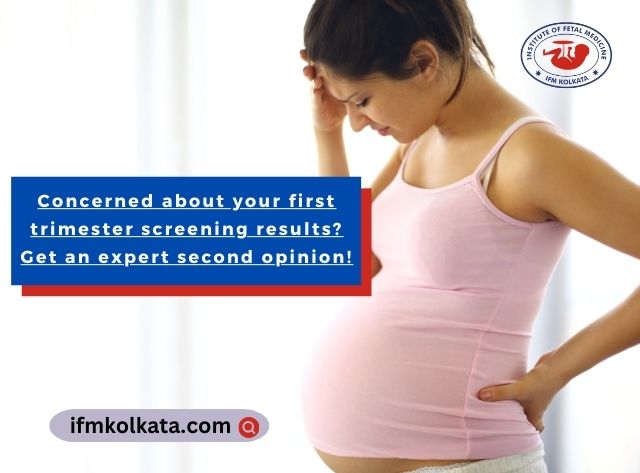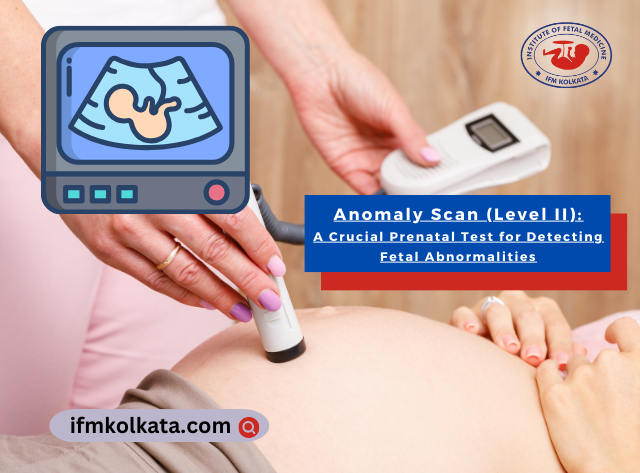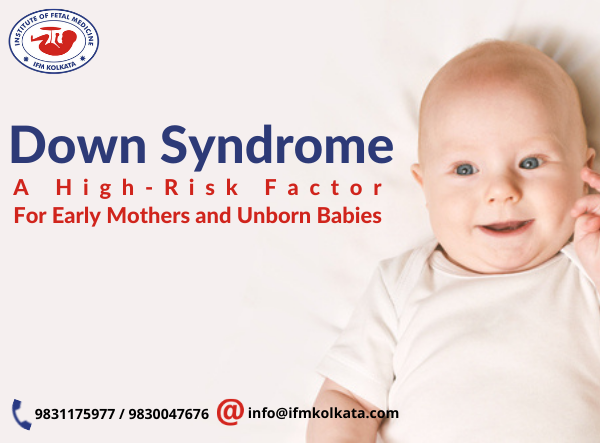The first trimester screening is a crucial test that helps assess the risk of chromosomal abnormalities such as Down Syndrome, Trisomy 18, and Trisomy 13. While receiving unexpected results can be overwhelming, it’s important to remember that screening tests are not diagnostic—they only indicate risk levels. If you are feeling anxious about your first trimester screening results, seeking a second opinion from a fetal medicine specialist can provide clarity and reassurance.
Why Get a Second Opinion?
🔹 Confirm Accuracy – Sometimes, factors like maternal age, incorrect gestational age, or certain health conditions can influence screening results.
🔹 Comprehensive Evaluation – An expert fetal medicine doctor can recommend further tests such as NIPT (Non-Invasive Prenatal Testing) or diagnostic procedures like CVS (Chorionic Villus Sampling) or Amniocentesis for confirmation.
🔹 Personalized Counselling – Get a detailed explanation of your results, risks, and next steps with genetic counselling in Kolkata.
Advanced Diagnostic Options at Our Fetal Medicine Center
✔ NIPT (Non-Invasive Prenatal Testing) – A highly accurate blood test to screen for chromosomal abnormalities.
✔ Fetal Echocardiography – A specialized scan to check for congenital heart defects.
✔ Detailed Ultrasounds & Anomaly Scan – Helps detect structural abnormalities early.
✔ Genetic Counselling – Expert guidance to help you make informed decisions.
At our fetal medicine clinic in Kolkata, we provide comprehensive prenatal diagnostics to ensure the best possible care for you and your baby.
Why Choose Us for a Second Opinion?
✔ Best fetal medicine doctor in Kolkata with expertise in high-risk pregnancies.
✔ Advanced fetal medicine services in Kolkata for precise and reliable screenings.
✔ A dedicated fetal diagnostics center in Kolkata for in-depth evaluation.
✔ Expert maternal-fetal care in Kolkata to guide you at every step.
Book Your Second Opinion Consultation Today!
Don’t let uncertainty and stress take over—get the right advice from experts at our fetal care clinic in Kolkata. A second opinion can bring clarity and peace of mind!
💙 Your Baby’s Health is Our Priority! 💙








